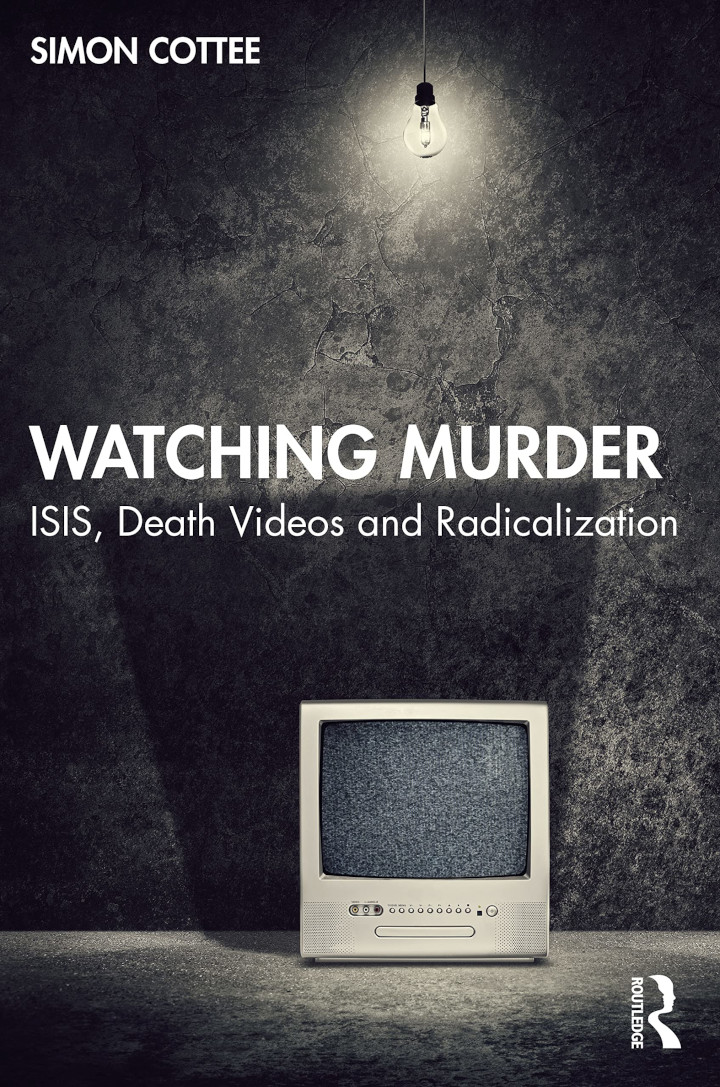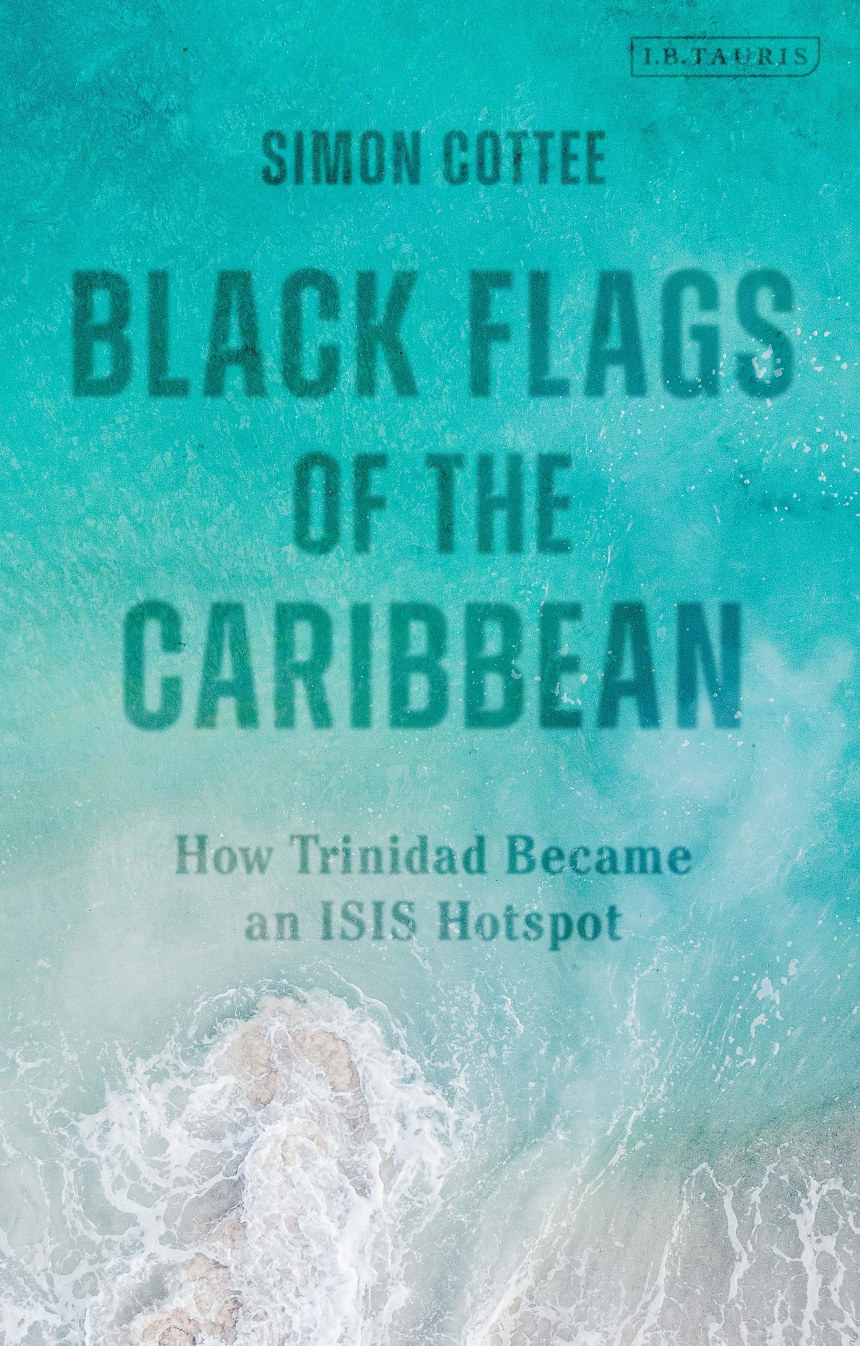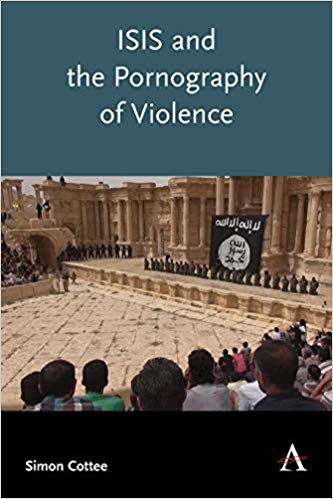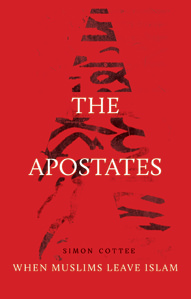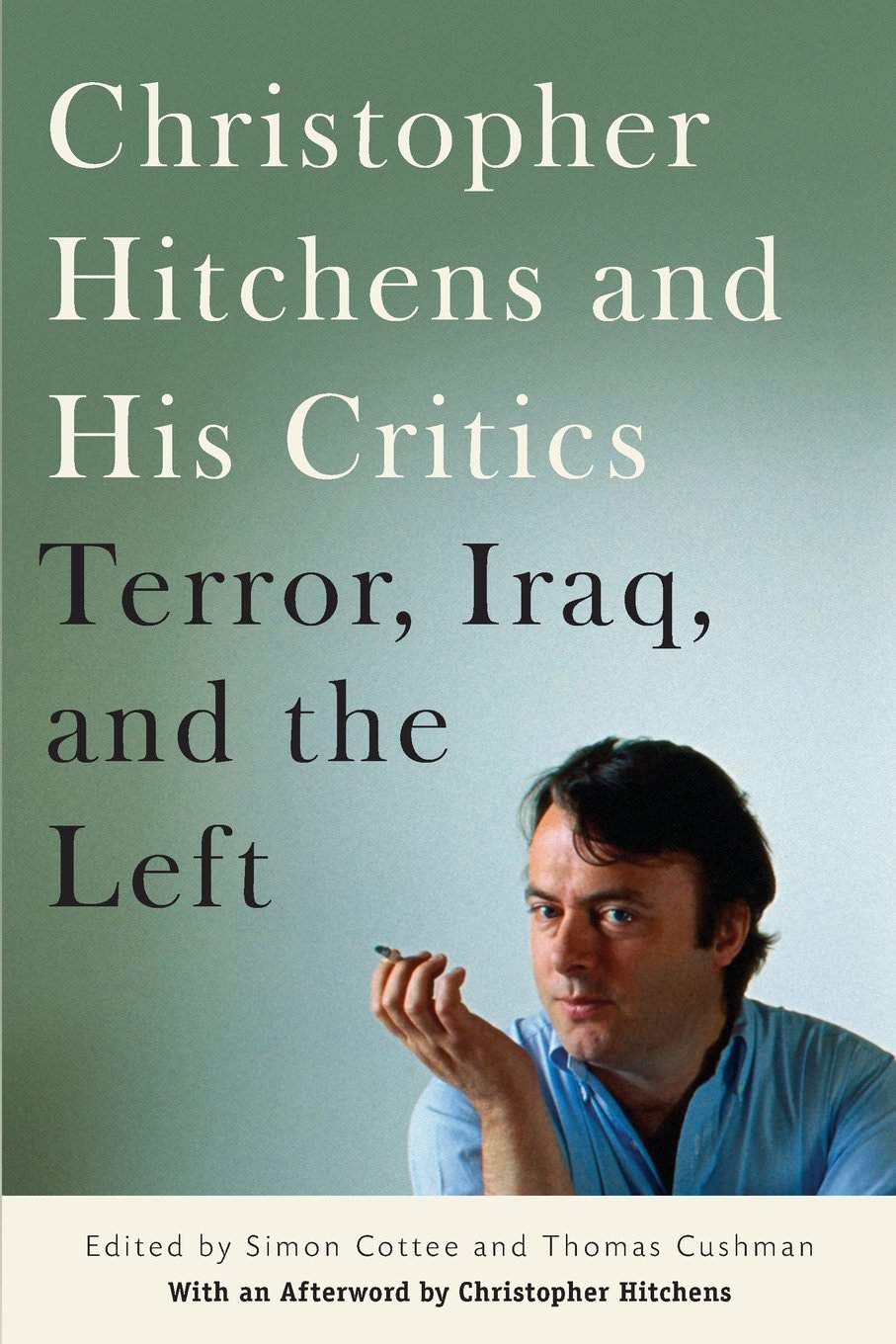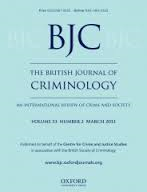
On 2 November 2004, Mohammad Bouyeri murdered the Dutch film-maker Theo Van Gogh. At his trial, Bouyeri proclaimed that he acted out of a religious duty. Van Gogh’s killing provoked fierce debate in the Netherlands over its meaning and significance and once again the question of violent religious fundamentalism came to dominate public discourse across Europe and beyond, just as it had in the immediate aftermath of 9/11. Criminologists, however, have largely neglected the issue of jihadi violence and the broader question it raises of the relationship between religion and violent activism. This article critiques this neglect. It also offers an account of Van Gogh’s murder, using Jock Young’s later work as a starting point for an interdisciplinary analysis of its possible meanings and motivations.
